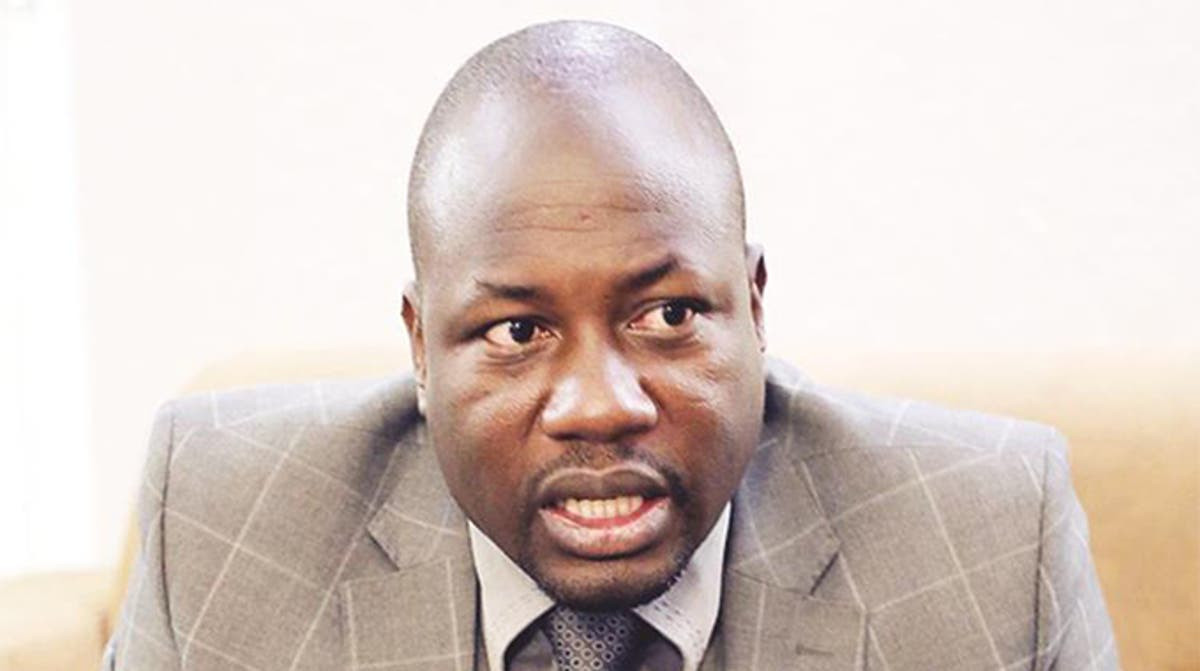
THE decision to award a US$138 million water infrastructure contract to Helcraw Electrical Projects without going through a tender process raises concerns about transparency, accountability, and governance in public procurement.
This is troubling given the substantial financial implications for Harare residents, who will be expected to shoulder the burden of funding the project through monthly levies.
Public procurement laws are in place to ensure fairness, prevent corruption, and guarantee that taxpayers get value for money.
Through side-stepping the tender process, the Ministry of Local Government and Public Works has undermined these principles, creating room for favouritism.
Helcraw is owned by Zanu PF legislator Farai Jere, raising questions about whether political considerations influenced the contract award. This is not to say Zanu PF affiliates are prohibited from doing business with the government.
The ministry’s justification for this process — that Helcraw has a track record with the Zimbabwe National Water Authority and does not need to submit proof of funding — is a lame excuse. It is simply unacceptable. A track record cannot substitute due diligence.
Every bidder in a project of this magnitude must demonstrate financial capacity, technical expertise, and compliance with legal procurement requirements.
The ministry’s stance not only violates the spirit of fairness, but also sets a dangerous precedent for future public-private partnerships.
- Hwange to institute legal action against defaulters
- Zupco on cusp of collapse
- Ministry diverts BCC devolution funds
- Spare us the sanctions rant, please!
Keep Reading
The financial burden placed on Harare residents is concerning. Charging a flat levy as alleged by sources of US$5,50 per ratepayer for up to a decade may seem modest at first glance, but this adds up to US$231 million in revenue. The lack of clarity on how this figure was determined further erodes public trust.
Residents, who are already overburdened with taxes and levies, all while enduring deplorable public service delivery, deserve transparency on why they are being charged this amount and how the funds will be managed.
The lack of public consultation is worrying. Harare’s residents are the primary stakeholders in this project, yet their input appears to have been disregarded.
Public infrastructure projects must be guided by accountability and transparency to ensure they serve the community’s best interests.
The project’s broader goals, including improving Harare’s water production and distribution systems, are critical for addressing the city’s chronic water crisis. However, even the noblest objectives cannot justify circumventing procurement procedures.
A transparent process would not only have ensured competitive pricing, but also cultivated confidence in the project’s integrity.
To restore public trust and uphold accountability, the Ministry of Local Government should stop taking residents for granted. Residents must demand a full explanation on why the tender process was bypassed.
The ministry also needs to disclose all documents related to the contract award. This includes detailed financial projections, timelines, and mechanisms for monitoring project implementation.
Residents must be given a platform to voice their concerns, ask questions, and receive clear answers about the project and its impact on their lives.
How Helcraw was awarded the contract cannot be condoned. The country’s procurement procedures must be strengthened to prevent similar controversies in the future. Clear penalties for non-compliance and enhanced oversight mechanism will be critical in ensuring that public resources are managed responsibly.
The Zimbabwe Anti-Corruption Commission must institute an investigation of how the contract was awarded and determine whether public procurement laws were followed.
If such actions go unchecked, they not only erode public confidence, but also risk entrenching inefficiency and corruption. This must stop immediately.
The government has a duty to act in the best interests of its citizens, not private entities.
If left unaddressed, this issue could set a dangerous precedent for other projects where powerful individuals and companies dodge due process for personal gain.
The country cannot afford to let this become the norm. Accountability, transparency and fairness must be non-negotiable pillars of public governance. As a country, we cannot compromise on these.











